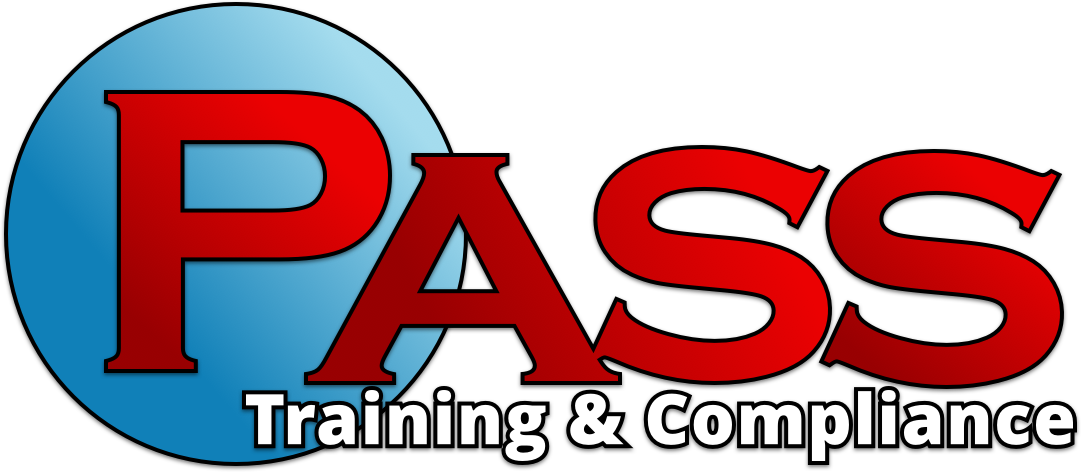EPA Regulations: Spotlight on Operator Training
We've been blogging a lot lately about the recently published revisions to 40 CFR §280 and 40 CFR §281, explaining their overall impact and timeline. Now it's time to take an in-depth look at an area of particular  interest for PASS: changes to UST operator training requirements. The EPA added a new section, Subpart J, which specifically addresses UST operator training. Here's what you need to know about new and revised UST operator training requirements.
interest for PASS: changes to UST operator training requirements. The EPA added a new section, Subpart J, which specifically addresses UST operator training. Here's what you need to know about new and revised UST operator training requirements.
[bs_label type="info"]Implementation Timeline[/bs_label]
October 13, 2018 is the date to remember. As of that date, all UST Class A, Class B, and Class C operators in the United States must be designated and trained as such. The Energy Policy Act of 2005 did not require UST operators in Indian country to be designated and trained, but the updated regulations do. The EPA is allowing owners/operators three years from the effective date of the regulations to comply with the operator training requirements.
[bs_label type="info"]Multiple Classes, Multiple Trainings[/bs_label]
40 CFR §280.242 defines each class of operator and the training requirements for each class, explanations which had previously existed only in the EPA's “Grant Guidelines to States for Implementing the Operator Training Provision of the Energy Policy Act of 2005." This section further requires that an individual may be designated for multiple operator classes but must complete a training program or pass a comparable examination for each operator class for which he or she is designated. If you are the Class A, Class B, and Class C operator for your facility, you need to complete both Class A/B and Class C operator training.
[bs_label type="info"]Who is a Class C Operator?[/bs_label]
40 CFR §280.241 specifically requires that each individual at a facility who meets the definition of Class C operator must be trained as a Class C operator. An owner/operator need designate and train only one Class A and one Class B operator per facility, but will need to designate and train each individual who meets the Class C definition in 40 CFR §280.242(c). This does not mean that all employees at a gas station convenience store would need to be trained as Class C operators. Only workers who "control or monitor dispensing or sale of petroleum products" or are "responsible for initial alarms" (p. 41571) meet the requirements of 40 CFR §280.242(c) and would need to be trained as Class C operators. Furthermore, in its introductory analysis, the EPA clarifies that the "level of UST system control and responsibility of individuals who must be trained [as Class C operators] excludes customers who are pumping product into their vehicles" (p. 41571). At an unstaffed school transportation facility, for example, the bus driver fueling his or her bus would not be considered a Class C operator and would not need to be trained as one.
[bs_label type="info"]Third-Party Contractors[/bs_label]
The EPA also recognized that some UST owners/operators were using third-party contractors to fulfill Class C operator roles at their facilities. The “Grant Guidelines to States for Implementing the Operator Training Provision of the Energy Policy Act of 2005," however, stated that a Class C operator must be "an employee" of the facility (p. 7). The EPA decided to remove this restriction, thus allowing third-party contractors to serve as Class C operators.Don't Wait Until the Last Minute - Get Trained Today →
